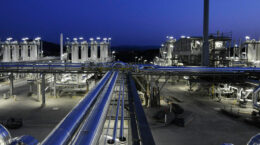GHG Protocol establishes comprehensive global standardized frameworks to measure and manage greenhouse gas emissions from private and public sector operations, value chains and mitigation actions.
It is a method of quantifying a company’s impact on climate change, using three categories to account for the various ways that companies can impact the atmosphere. Within this framework, emissions are classified as Scope 1, 2 or 3. This approach has gained momentum following the 2015 Paris Agreement.
The Task Force on Climate-Related Financial Disclosures, a group led by the finance industry, was set up in the same year to encourage companies to publish details about any environmental risks in the public domain. Sustainability and climate related disclosures have become an important part of the reporting landscape.
Companies are now aiming to decarbonize their supply chains by tackling scope 3 emissions (indirect emissions along the value chain). Scope 3 emissions are difficult for companies to manage because they reside outside the companies’ direct control.
As industry confronts the scope of global climate challenge, regulation by bodies such as the Securities & Exchange Commission and European Sustainability Reporting Standards will require increased transparency and disclosure on climate-related metrics.




